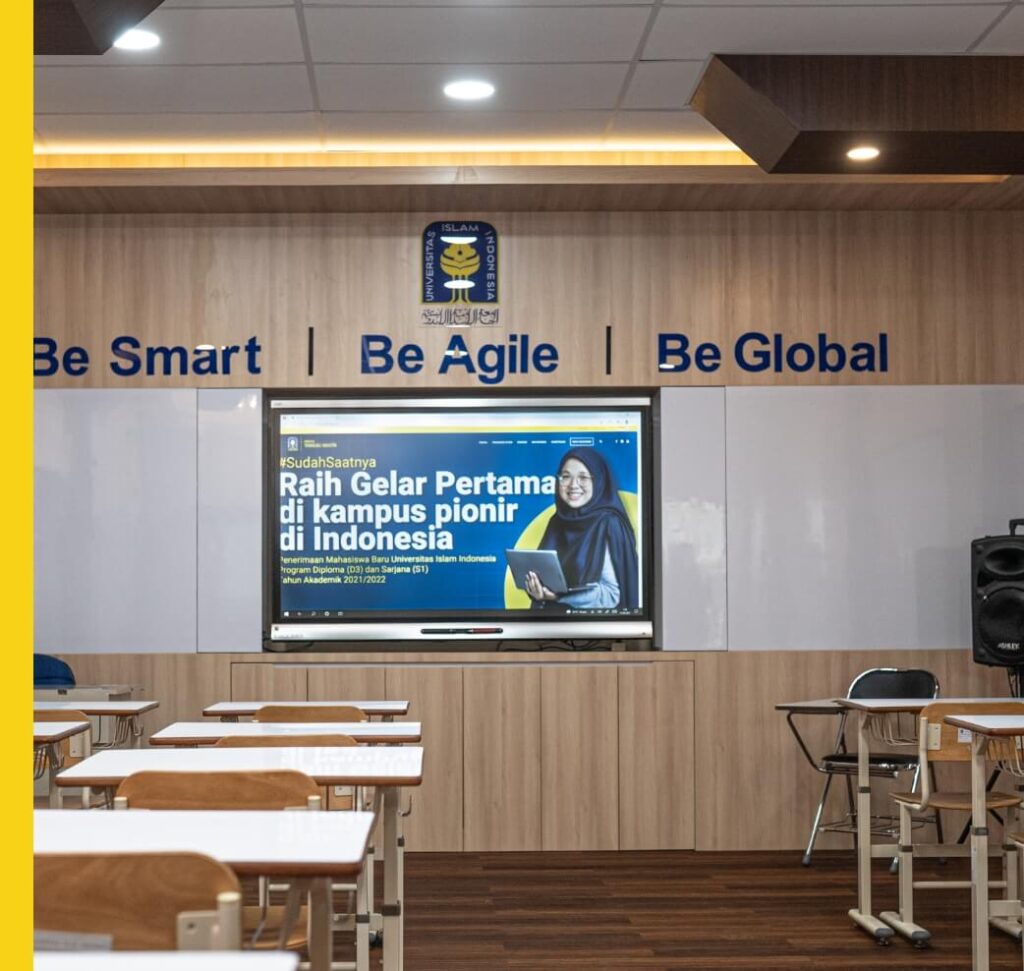Academic
Learning Outcomes
Learning Outcomes
Learning Outcomes (LO) or Student Outcomes (SO) are the minimum abilities that graduates, including attitudes, knowledge, and skills, must possess. Electrical Engineering Study Program formulated LOs based on graduate tracking results, stakeholder inputs, professional associations, scholarly developments, and evaluations of previous curricula.
The formulation of LOs also refers to the National Standard of Higher Education (SN-Dikti), which includes aspects of attitudes, general skills, specific skills, and knowledge. Additionally, it also refers to the KKNI descriptors in accordance with the qualification levels.
Criteria set by both national and international accreditation bodies, such as IABEE, are also considered in the formulation of the Electrical Engineering Study Program’s LOs. Based on these inputs and considerations, the Electrical Engineering Study Program has established twelve (12) formulations of LOs.

| Short Description | LOs Code | Description | Attitudes | General Skills | Specific Skills | Knowledge |
|---|---|---|---|---|---|---|
| Devotion | CPL1 | Able to demonstrate devotion to Allah by adhering to His sharia and upholding Islamic and Indonesian values through the integration of Islam in the field of electrical engineering. | v | v | ||
| Aplikasi Sain Basic Science Application | CPL2 | Ability to apply mathematics, natural sciences and/or materials, information technology, and engineering to gain a comprehensive understanding of the principles of electrical engineering. | v | v | ||
| Design | CPL3 | Ability to design components, systems, and/or processes to meet the needs of the field of electrical engineering within realistic constraints, utilizing the potential of local and national resources in a global perspective. | v | v | ||
| Experiment | CPL4 | Ability to design and conduct laboratory and/or field experiments and to analyze and interpret data to reinforce engineering assessment. | v | v | ||
| Problem Solving | CPL5 | Ability to identify, formulate, analyze, and solve electrical engineering problems. | v | v | ||
| Engineering Application | CPL6 | Ability to apply methods, expertise, and modern tools necessary for electrical engineering practice. | v | v | ||
| Communication | CPL7 | Ability to communicate effectively orally and in writing. | v | |||
| Specific Task Resolution | CPL8 | Ability to plan, complete, and evaluate tasks within predefined boundaries. | v | |||
| Collaboration | CPL9 | Ability to work in a multidisciplinary and multicultural team inclusively. | v | |||
| Engineering Ethics | CPL10 | Ability to be accountable and responsible to society and to follow professional ethics in solving engineering problems. | v | |||
| Lifelong Learning | CPL11 | Ability to understand lifelong learning needs including gaining knowledge of contemporary issues. | v | |||
| Technopreneur | CPL12 | Ability to design technology-based entrepreneurial activities. | v |
Program Magister Teknik Elektro Dibuka Tahun Ini
Program Magister Teknik Elektro dibuka pada tahun ajaran 2023/2024. Terkait informasi lebih lanjut tentang kurikulum yang ditawarkan pada program ini, anda dapat menekan tombol di bawah ini.
